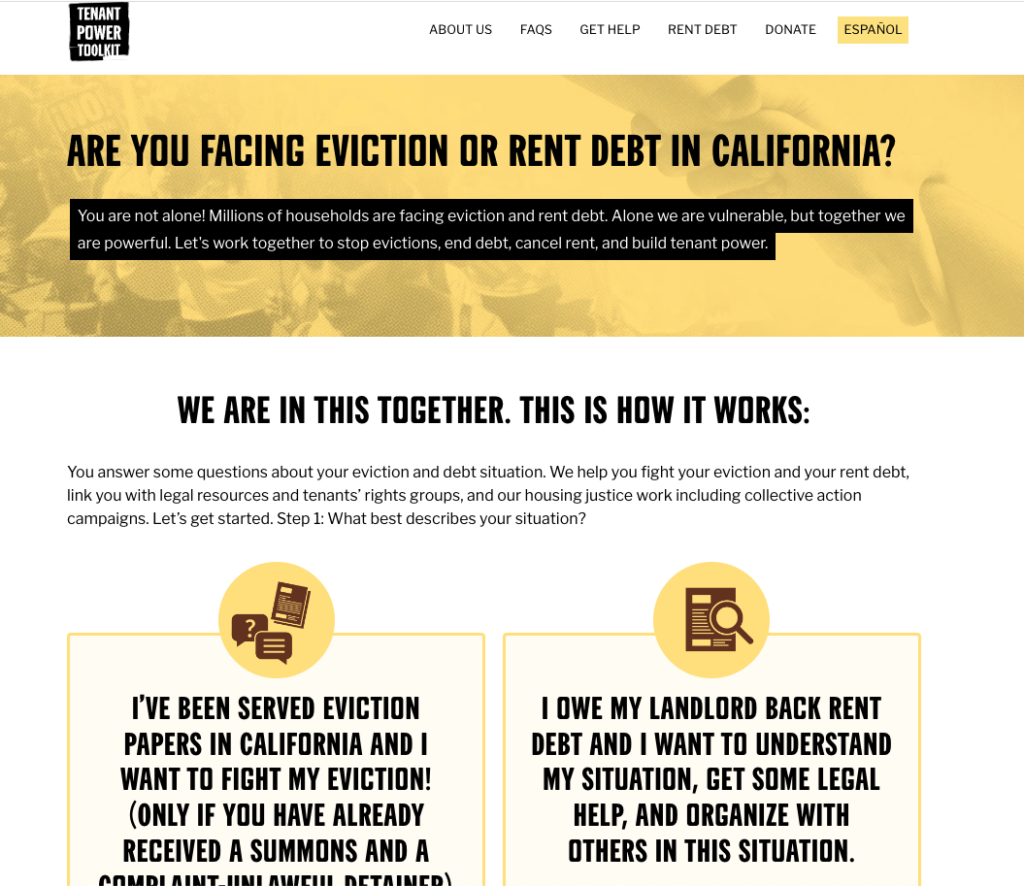Legal assistance is essential in today’s world, as people face a wide range of legal issues. These issues can relate to criminal charges, disputes with employers, family law matters, personal injury, and much more.
In this context, it is understandable that many individuals and families struggle with the cost of legal fees, given that lawyers charge by the hour and often have substantial retainer fees. As a result, some people turn to pro bono legal services. While pro bono services are an excellent option for many people, they may not always be sufficient to address the complexities of a particular legal problem.
In this article, we will explore the various legal assistance options available to individuals, from pro bono services to paid legal representation.
Pro Bono Services
Pro bono legal services refer to free legal advice or representation provided by lawyers or law firms. These services are available to low-income individuals, those with certain types of legal problems, or those who are unable to afford legal services.
There are various nonprofit organizations and legal clinics that provide pro bono services. These organizations often operate on a limited budget and may have only a few attorneys available. As a result, the quality and accessibility of pro bono services can vary.
Pro bono services can be an excellent option for those with straightforward legal issues and cannot afford to pay for legal representation. However, because of the limited resources of these organizations, it may not always be possible to provide the level of representation needed for complex cases.
Legal Aid
Legal aid is a type of legal assistance that is often provided by government-funded organizations. Legal aid organizations help those who cannot afford to pay for a lawyer. They offer legal representation and advice in civil cases, such as divorce, immigration, and housing disputes.
Legal aid organizations are available across the United States, and each state has different eligibility criteria. One should check their state’s criteria before looking for legal aid services.
Legal aid organizations can be an excellent option for those who have complex legal issues but cannot afford to pay for legal representation. However, they may have limited resources and can only provide help to people who meet specific eligibility criteria.
Limited-Scope Representation
Limited-scope representation is a type of legal service where an attorney provides legal assistance to an individual for a specific legal matter, such as a court hearing or document drafting, rather than for the entire case. The client pays only for the specific service provided. This can save clients money as they only pay for the services they need.
Limited-scope representation can be a good option for individuals who want legal assistance for a specific issue but cannot afford the high fees of an attorney. This type of service also allows the client to control the costs of their legal services, which can be a significant advantage.
Full-Service Legal Representation
Full-service legal representation is a type of legal service in which a lawyer or law firm represents the client entirely throughout their legal matter. This may involve working on a single case or an ongoing legal issue.
Legal representation can be costly, and many individuals may not be able to afford this type of service. However, full-service legal representation can provide an advantage in complex legal cases where expertise and in-depth knowledge of the law are required.
Conclusion
Legal assistance can be expensive, and many people cannot afford the fees of high-quality lawyers. However, the various legal assistance options are available, from pro bono services to full-service legal representation, can help individuals get the legal help they need.
It is essential to understand the different types of legal assistance options available and choose the best-suited option. Whatever legal assistance option an individual selects, it is crucial to get professional help and not try to tackle legal issues alone.




